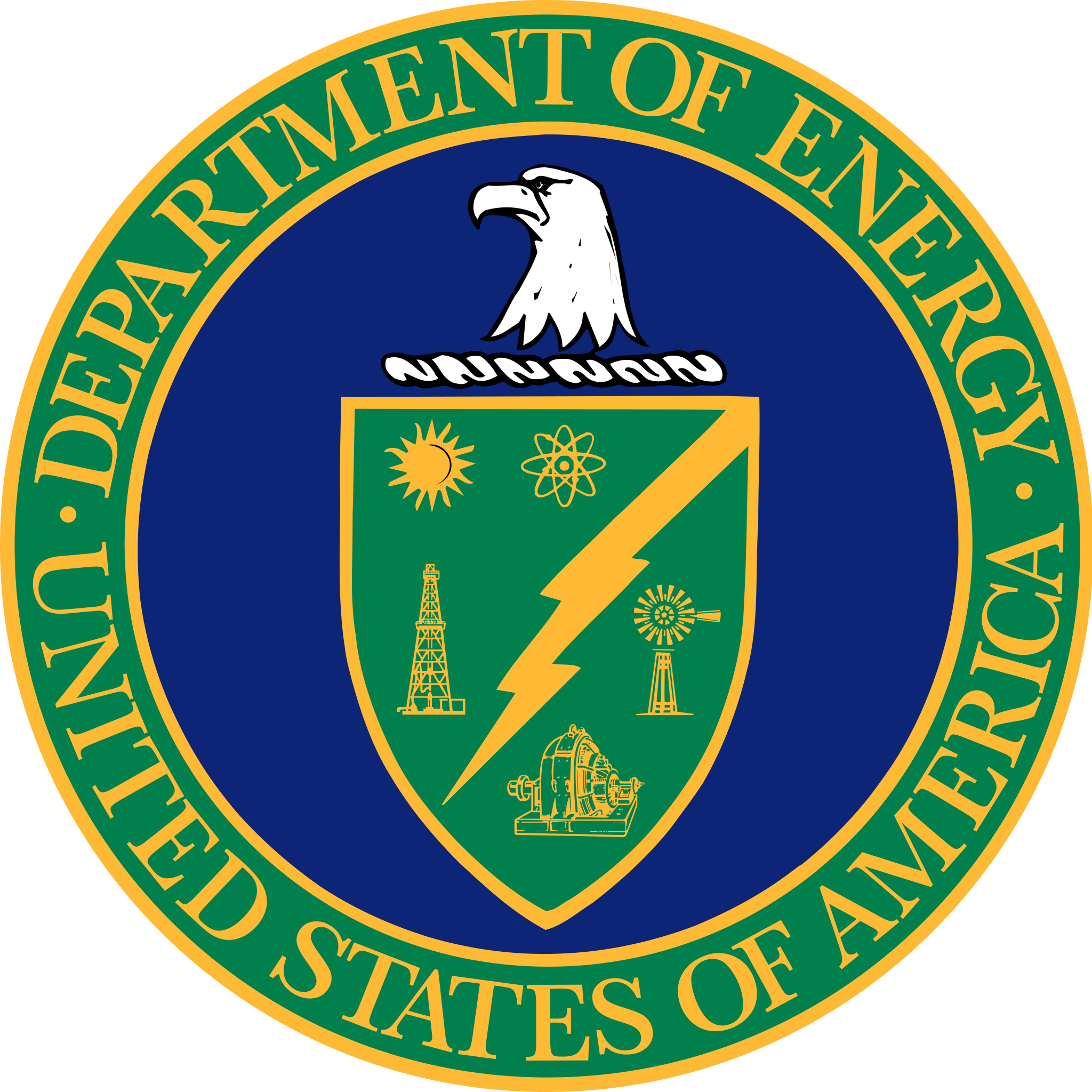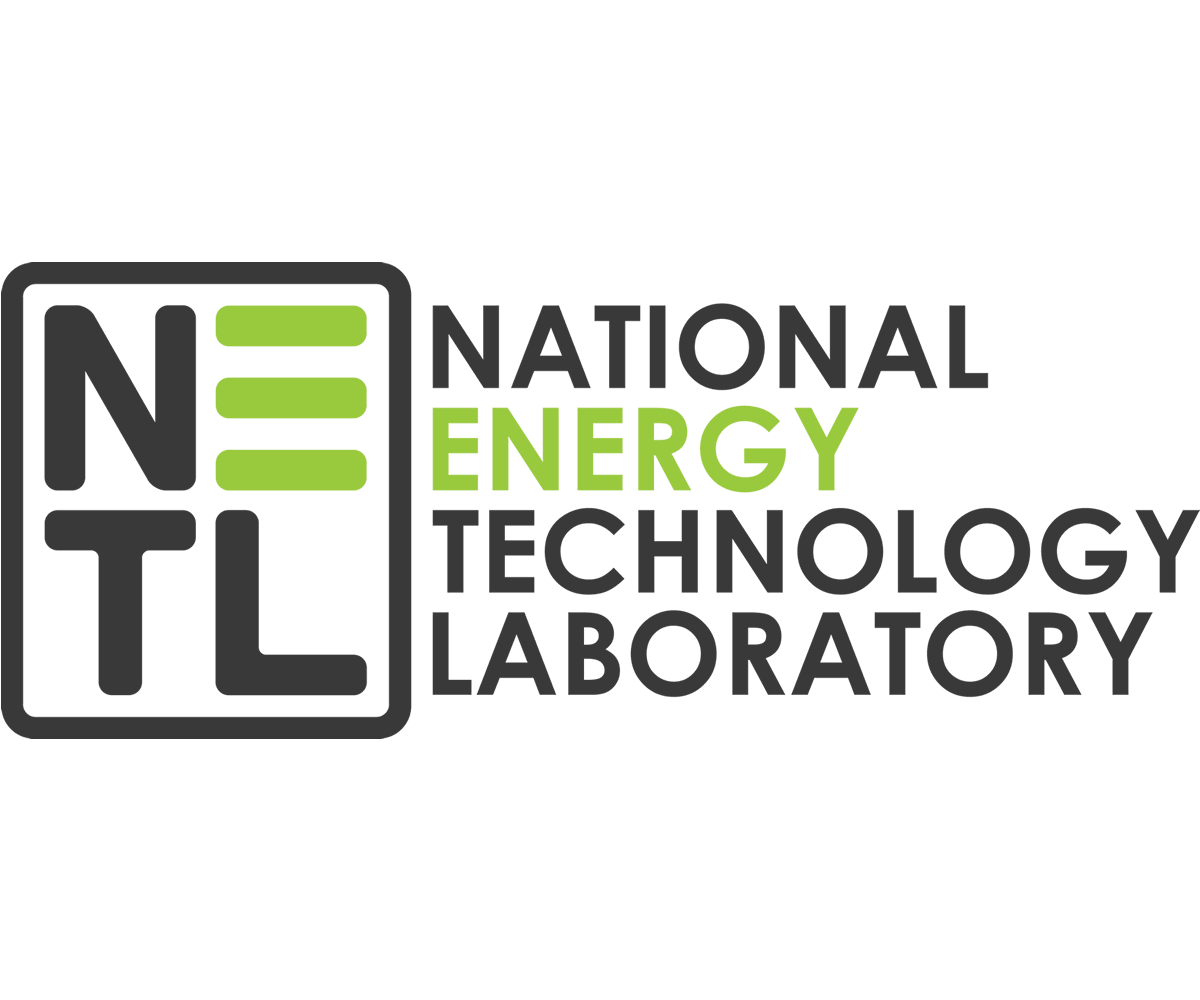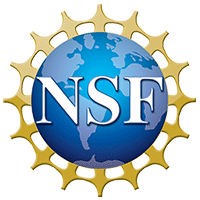Funding Opportunities
Infrastructure Systems and People
National Science Foundation
Deadline: Proposals Accepted Anytime (Proposers are encouraged to email a one-page project summary to the ISP Program Officers before submitting a full proposal)
Infrastructure systems comprise complex connections between physical components, organizational structures and operational methods that support the needs of people and communities at the local, regional, national, and global scales. Such systems form the backbone of society, providing essential services as well as ensuring public health and welfare, economic prosperity and national security, and are expected to function under all operational conditions. Meanwhile, infrastructure systems are capital intensive and vulnerable to disruptions from extreme events, including natural disasters, social crises, and malicious attacks. Disruptions in one system can have cascading impacts on others in space and over time. Moreover, short- versus long-term trade-offs, unintended consequences, and maladaptation are not often accounted for. How systems function at the “extreme,” which can be due to disruptors from the introduction of innovation, the convergence of technologies, sudden changes to their utilization and access, dramatic changes in operating environments, and changes to demand during crises are of particular interest. To ensure the efficiency, sustainability, and resilience, and user-equity of infrastructure systems, it is important to continuously improve and optimize their design, operations, system monitoring and performance assessment in dynamic, uncertain and sometime unknown environments. While functioning at extremes is of interest, the program also supports infrastructure systems research under the full range of operating conditions, across a variety of hazards, and in urban, suburban, and rural communities. The program particularly encourages interdisciplinary and multidisciplinary exploration that will open new research frontiers and significantly broaden and transform relevant research communities.

Aligning Manufacturability & Pre-production Design (AMPD) for Storage Technologies
Department of Energy
Deadline: March 17, 2025
Aligning Manufacturability & Pre-production Design (AMPD) for Storage Technologies The AMPD NOFO is soliciting applications to improve the manufacturability of energy storage technologies through pre-production design innovations, setting the stage for manufacturing scale-up to meet the energy storage needs of American consumers.
Learn More and Apply
Scientific Discovery through Computing (SCiDAC): Partnerships in Basic Energy Sciences
Department of Energy
Deadline: April 25, 2025
The DOE SC programs in Basic Energy Sciences (BES) and Advanced Scientific Computing Research (ASCR) announce their interest in receiving applications from interdisciplinary teams to establish partnerships under the Scientific Discovery through Advanced Computing (SciDAC) program in specific targeted topic areas that relate to the BES and ASCR missions. Targeted topics are described in the Supplementary Information section below.
This Announcement invites new research applications for the SciDAC Partnerships in BES that enable or accelerate scientific discovery employing DOE High-Performance Computing (HPC) facilities. For the purpose of this Announcement, the term “DOE HPC” has been expanded to include the high-performance production computational systems at the National Energy Research Scientific Computing Center (NERSC), the Argonne Leadership Computing Facility (ALCF), the Oak Ridge Leadership Computing Facility (OLCF), or similar DOE computing facilities. DOE HPC includes the exascale machines Frontier and Aurora.

HARMONY: Human-Centric Analytics for Resilient & Modernized Power sYstems
Department of Energy National Energy Technology Laboratory
Deadline: March 20, 2025
This NOFO aims to enhance grid reliability and resilience in the face of growing uncertainties and in the age of big data to accelerate pathways towards DOE grid modernization goals. Successful implementation of projects will enable rigorous quantification of risks and uncertainties and their communication to decision-makers and human operators for enhanced grid visibility and resilience.
The objective of this project is to advance the state of the art for power system uncertainty and risk metrics to help human operators receive actionable information to better understand, predict, prevent, and mitigate cascading failures in power grids.
Learn More and ApplyFoundation Funding Opportunities
Please contact the Office of Foundation Relations. for additional information about these opportunities. Our team is also available to advise and assist with proposal development.
PLEASE NOTE: Many foundations are extending application deadlines due to the COVID-19 situation. Please check the foundation’s website or email foundationrelations@northwestern.edu for more information.
Corporate Funding Opportunities
Collaboration Engagement facilitates any connections between Northwestern faculty, students, and staff seeking support from corporations for the purposes of research, scholarship, and strategic engagement. Contact Jim Bray, Director of Corporate Engagement, for more information.
CONTACT AND ADDITIONAL INFORMATION
Fruma Yehiely, Associate Vice President for Research

